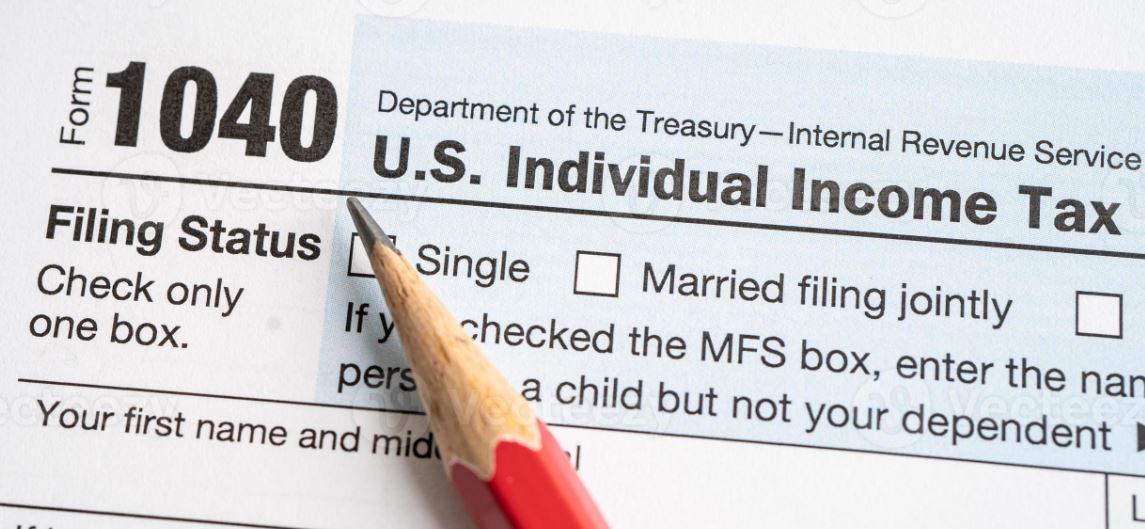
November 4, 2025
The process of filing cross-border taxes can feel intimidating. If you have U.S. and Canadian tax obligations, you must often navigate both your United States Tax Return (Form 1040) and a Treaty Tax Return (or specific treaty-based tax position). This guide provides essential tips to ensure your filing is accurate, compliant, and optimized for savings. PPA TAX specializes in helping clients navigate these complexities with confidence.
Under U.S. law, your United States Tax Return (Form 1040) captures all worldwide income, deductions, and credits. The Treaty Tax Return (usually a claim on Form 8833 or by treaty-specific instructions) is the mechanism used to claim relief under the US Canada Tax Treaty. This relief is critical as it either eliminates the potential for double taxation or grants preferential tax rates on specific income types. Understanding the distinct rules and deadlines for each return is paramount.
Not every taxpayer can or should claim treaty benefits. Eligibility is strictly based on your tax residency, the source of your income, and the specific provisions of the US Canada Tax Treaty. For example, treaty relief often applies to income streams such as:
If you meet the treaty’s terms, a properly filed Treaty Tax Return can legally reduce U.S. withholding tax or lower your effective tax rates.
Your official residency status (as determined by both countries' tax laws) is highly consequential. While income earned in the U.S. is generally reported on your U.S. forms, foreign-sourced income is treated differently. Avoid common errors where residence status is confused between the two countries. Mistakes in income source attribution or residency claims can immediately jeopardize your tax treaty benefits.
The proper use of Foreign Tax Credits (FTC) is essential to limiting your overall tax burden when you pay tax in one country on income that is also taxable in the other. It is vital to accurately report and document all foreign taxes paid. Miscalculating credits or lacking supporting documentation can result in the loss of significant tax relief and often triggers an audit.
Despite claiming treaty benefits, some income may still be subject to withholding at source. While the treaty might allow you to claim reduced withholding, you must submit the relevant forms (e.g., Form W-8BEN) or reference the treaty position directly on your return. Furthermore, ensure full compliance with critical U.S. reporting requirements like FATCA (Foreign Account Tax Compliance Act) and FBAR (Report of Foreign Bank and Financial Accounts) if you hold foreign accounts or assets.
Your ultimate tax liability can be significantly influenced by certain elections or strategic timing decisions. For example, deciding whether to defer a sale until a lower-income year or timing foreign currency exchanges can matter. Even slight timing fluctuations can open the door to better utilization of treaty rates or Foreign Tax Credits. Proactive cross-border tax planning translates directly into tax savings on both your U.S. and Canadian returns.
Maintain impeccable records for every treaty benefit claim: keep the specific treaty article reference, all withholding statements, and proof of residence. Inconsistency between what you claim on your U.S. filing and your Canadian filing is a major red flag for both the IRS and the CRA. Ensure there is absolute consistency in your position, terminology, and reported amounts.
Given the integrated complexity of the U.S. and Canadian tax systems, a Cross-Border Tax Advisor adds undeniable value. At PPA TAX, we are experts in U.S. and Canada rules, tax treaties, and specialized reporting standards. We guide you in selecting the correct filing routes, accurately preparing both returns, and guaranteeing you claim every available relief. Our clients benefit from reduced tax liability, minimized penalty risk, and greater confidence in their cross-border financial affairs.
If you own assets or earn income across the U.S. and Canada, managing your United States Tax Return requires specialist knowledge. The proper application of a Treaty Tax Return or treaty claim is essential for saving money and reducing risk.